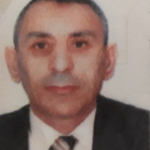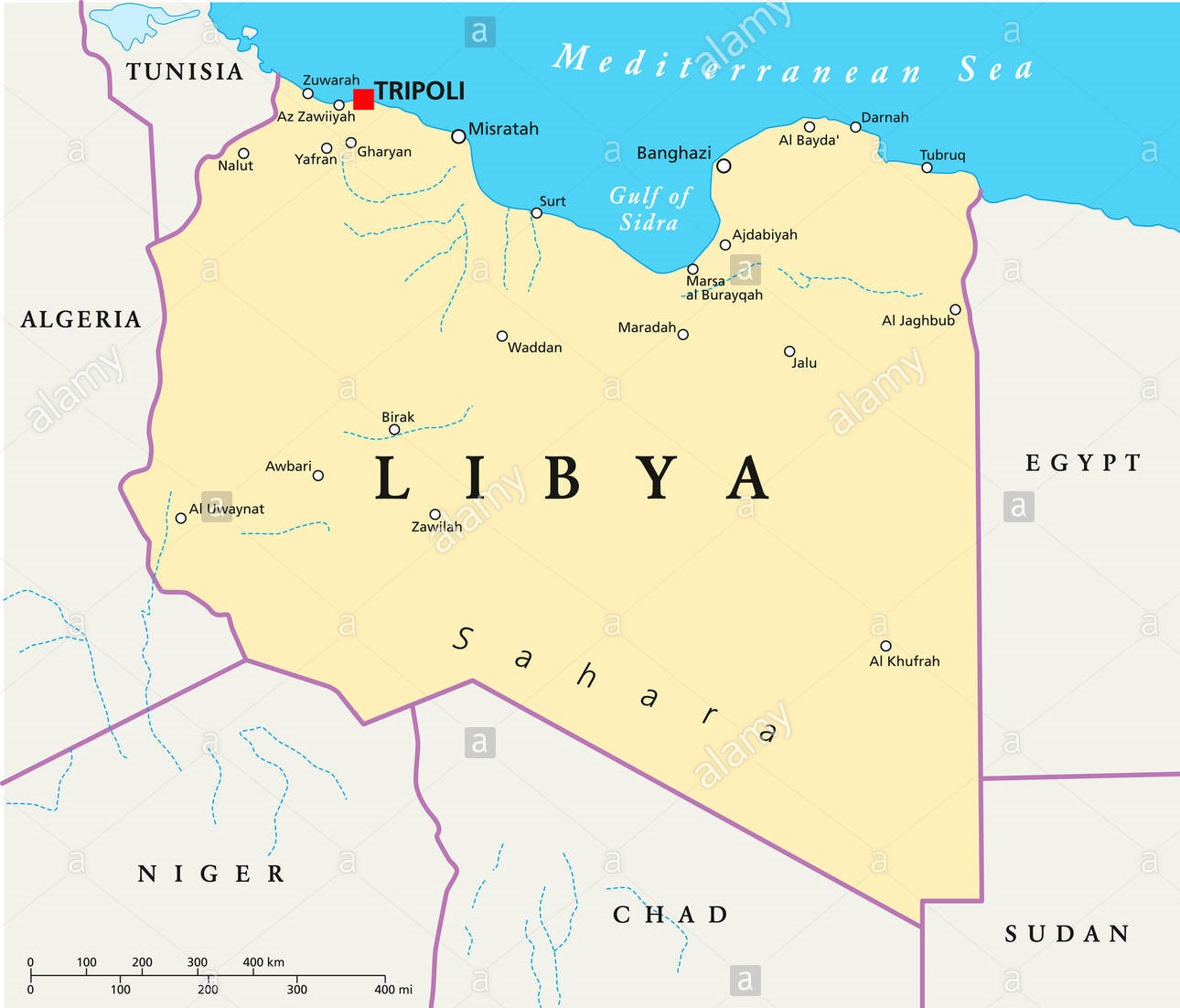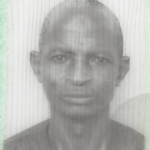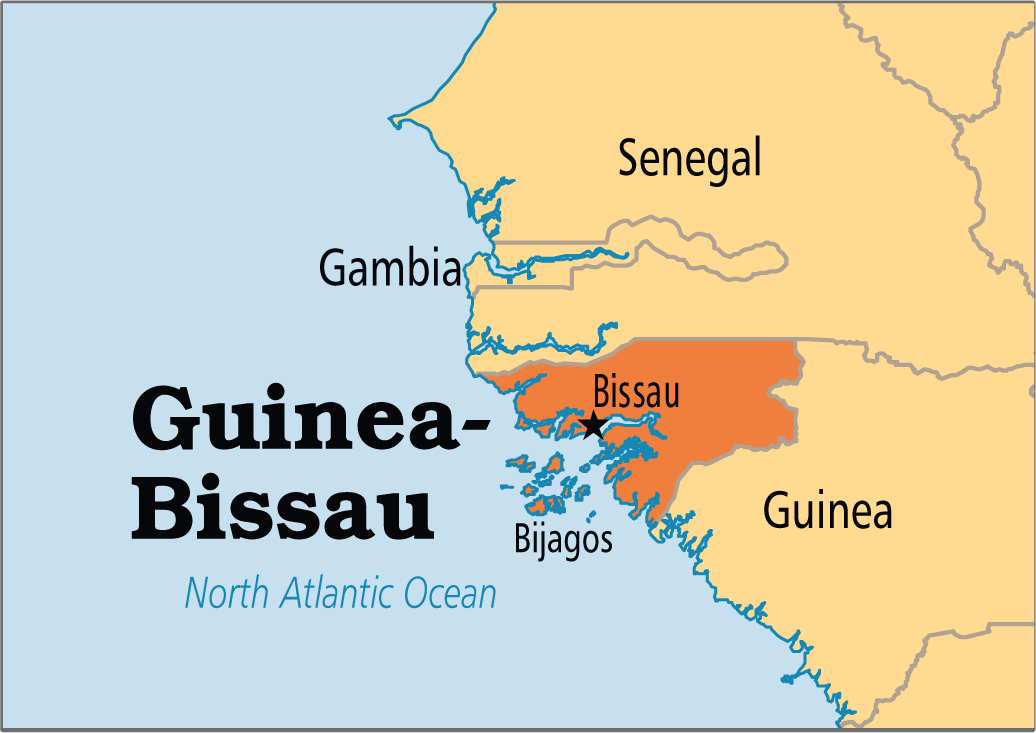5 Days to Meeting of Secretary Generals for ISESCO National Commissions at ISC, Shiraz, Islamic Republic of Iran, 11-12 November 2018
Part Fourteen: An Introduction to the Libyan and Bissau-Guinean Participants
One of the participating countries in Meeting of Secretary Generals for ISESCO National Commissions at ISC is Libya.
The Libyan representative is:
Mr. Abdulmunem Abulayha: Secretary General, Libyan National Commission for Education, Culture and Science

About Libya

Libya is a country in North Africa, bordered by the Mediterranean Sea to the north, Egypt to the east, Sudan to the southeast, Chad and Niger to the south and Algeria and Tunisia to the west. With an area of almost 1.8 million square kilometres (700,000 sq mi), Libya is the fourth largest country in Africa. The largest city and capital, Tripoli, is located in western Libya and contains over one million of Libya’s six million people. The second-largest city is Benghazi, which is located in eastern Libya. Libya is a member of the United Nations (since 1955), the Non-Aligned Movement, the Arab League, the OIC and OPEC. The country’s official religion is Islam, with 96.6% of the Libyan population being Sunni Muslims. The official language is Arabic.
The Scientific Status of Libya
Universities of Libya have not gained any positions in reputable global rankings yet.
One of the other participating countries in Meeting of Secretary Generals for ISESCO National Commissions at ISC is Guinea-Bissau.
The Bissau-Guinean representative is:
Mr. Abdulai Pate Jalo: ISESCO National Correspondent (Secretary General), Member of ISESCO Executive Council

About Guinea-Bissau

Guinea-Bissau, is a country in West Africa that covers 36,125 square kilometres (13,948 sq mi) with an estimated population of 1,815,698. Only 14% of the population speaks noncreolized Portuguese, established as both the official and national language. The remainder speak a variety of native African languages. There are diverse religions in Guinea-Bissau with no one religion having a majority. The CIA World Factbook (2018) states there are about 40% Muslims, 22% Christians, 15% Animists and 18% unspecified or other.
The Scientific Status of Guinea-Bissau
Universities of Guinea-Bissau have not gained any positions in reputable global rankings yet.

Your Comment :